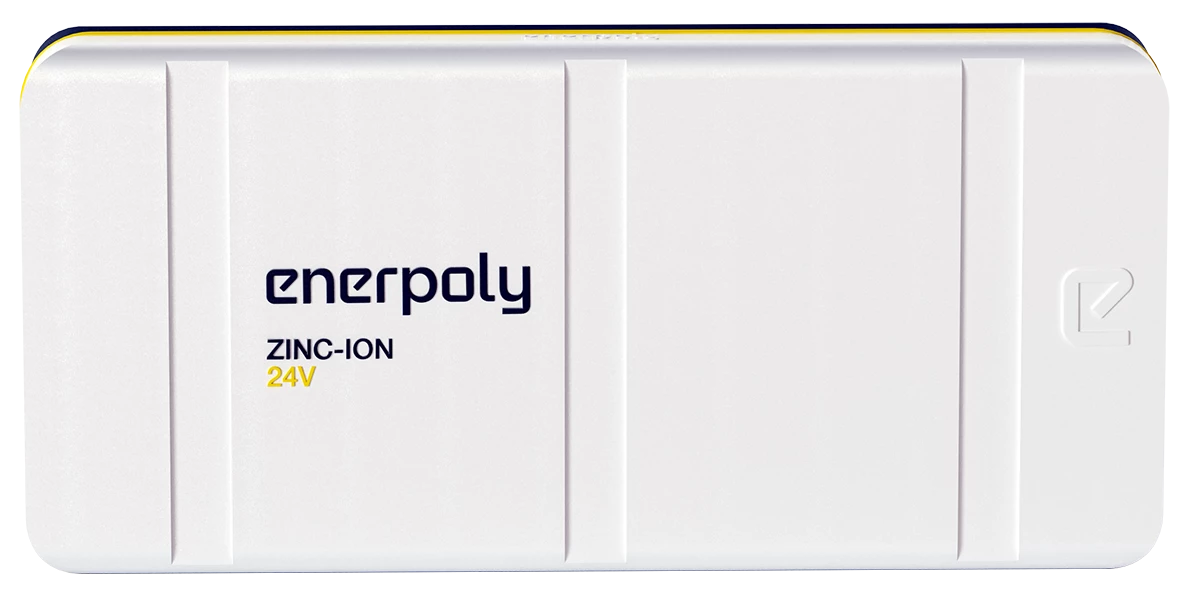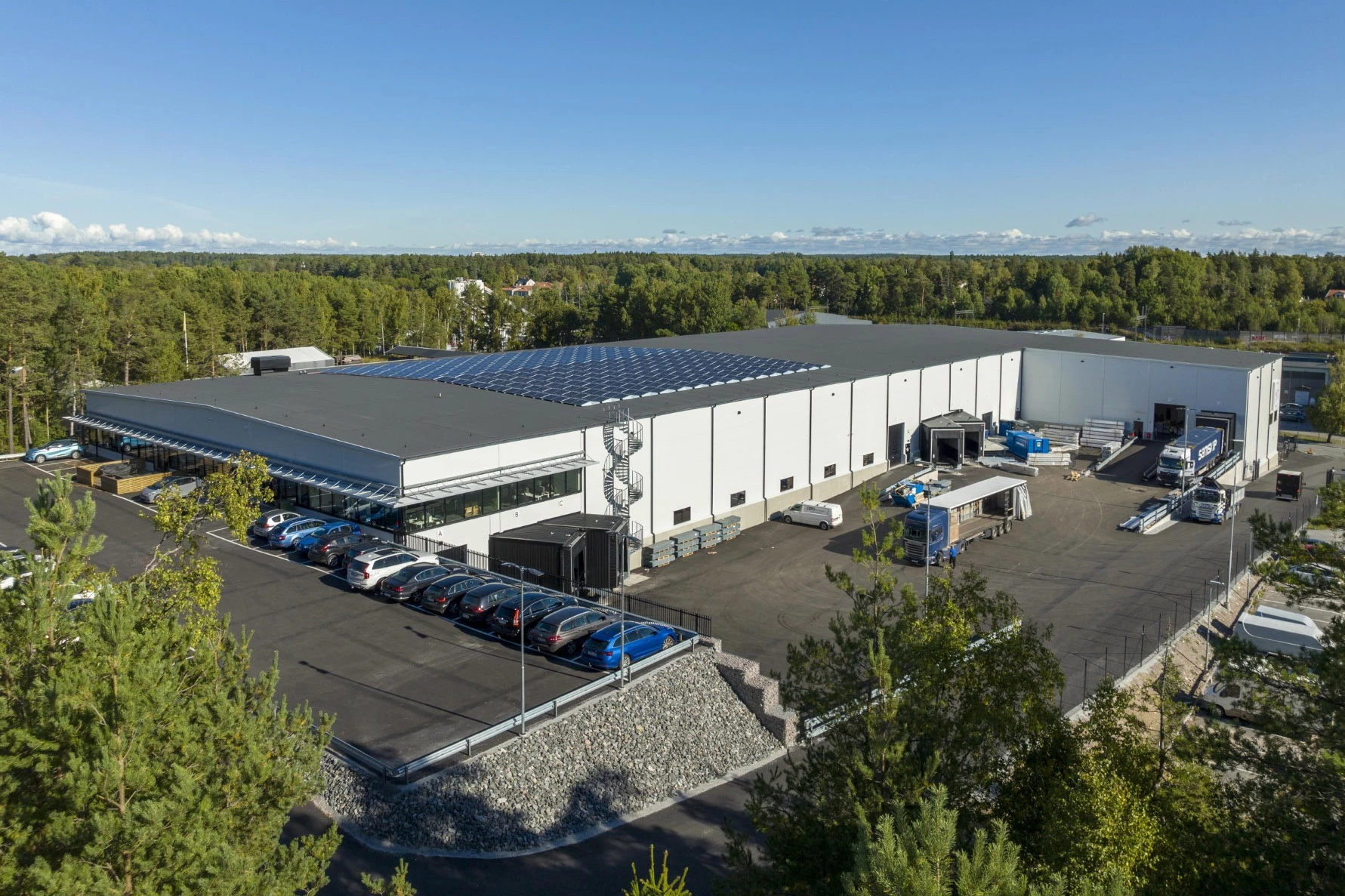Sweden’s Enerpoly has flung open the doors to its zinc-ion battery megafactory in the north of Stockholm – making it the first manufacturing facility to use this battery technology at a large scale in the world.
Dubbed the Enerpoly Production Innovation Center, the 70,000-sq-ft (6,500-sq-m) factory is designed to achieve a capacity throughput of 100 MWh annually. That’ll be in a couple of years though: while the company has begun commissioning already, it’s slated to reach full production capacity only in 2026.
According to Enerpoly, this megafactory will serve Europe’s needs for safe energy storage, and also utilize an all-European supply chain to boot.
Oh, so you're too good for lithium-ion now?
If you're wondering why Enerpoly is bothering with zinc-ion and not lithium-ion batteries, it's because the former is a better choice for storage in several ways:
- They use a water-based electrolyte, which makes them non-flammable, and reduces the risk of fires and explosions.
- They're less expensive, because zinc is far more abundant than lithium (which is difficult and expensive to extract), and easier to handle. They can also operate across a wider temperature range and require less maintenance, making them cheaper than lithium-ion options.
- They're more eco-friendly for the same reason. In contrast, extracting lithium currently requires extensive mining as well as the use of massive evaporation ponds before processing even begins.
- They're said to last a whole lot longer. According to the International Zinc Association, a nonprofit trade association which counts Enerpoly as a member, zinc-based batteries can last up to 20 years, while lithium batteries manage about 12 years.
The big asterisk
This all sounds great, except zinc-ion batteries fall behind lithium-ion batteries when it comes to energy density. A quick bit of math looking at Enerpoly's zinc-ion cell shows its energy density is a modest 106.4 Wh/kg. Not that you'd directly compare them, but as a reference point, Tesla's 4680-type battery cell is estimated at somewhere between 244-296 Wh/kg.

So while you won't get the highest energy density possible, you can look forward to cheaper, greener, and easier-to-live-with energy storage from Enerpoly's new plant. The company says its batteries are suited for 2-10 hour durations, discharging energy over moderate periods. That makes them useful for shifting energy loads from peak to off-peak hours and building more resilient power grids.
Source: Enerpoly





